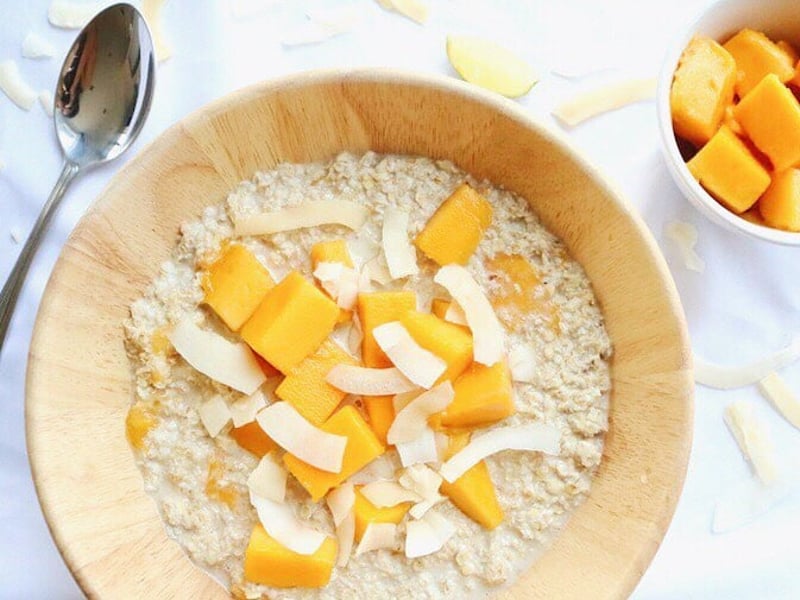
Seven grains that are high in plant protein
News
Nature offers us a wide variety of filling grain options rich in plant proteins. Here are just seven of them for you to try.
Check out these seven options to help you take the first steps towards eating more plant protein.
1. Quinoa has 14.2 g of protein per 100 g. It’s naturally gluten-free and known as a complete protein. It’s time to get keen on quinoa ( “KEEN-wah”). Why, because it’s versatility and mild taste makes it perfect for soups, salads, dinners, porridges, and breakfast bowls.
2. Oats contain 13.4g of protein per 100g. Use oats to cook up a warming, satisfying porridge or, for that favourite Aussie classic, use rolled oats to make Anzac biscuits.
3. Couscous has 13g of protein per 100g. Couscous is made from tiny steamed balls of semolina flour. It’s actually a type of pasta rather than a grain but, nevertheless, this mainstay of North African cuisine is a great rice substitute. Add lemon and herbs such as coriander, or spice it up a little with cumin and paprika.
4. Freekeh contains 12.6g of protein per 100g and is also a staple of Middle Eastern cooking. Get your inner freekeh on with this delicious grain. It contains gluten and has a nutty, earthy taste and a texture like brown rice - making it excellent for soups, salads, or stews.
5. Buckwheat has 11.7g per 100g And, for an extra hit of fibre, why not sprinkle some hearty buckwheat “groats” (the hulled seeds of the plant) over your morning cereal or yoghurt.
6. Barley contains 8g of protein per 100g and it is highly nutritious and widely available. It has a subtle, nutty flavour making it perfect for salads, soups or even as a substitute for rice in risotto.
7. Brown rice has 3.9g of protein per 100g and is a good gluten-free option for curries, stir-fries or even added to a salad, but remember, brown rice takes much longer to prepare than white rice.
If you haven’t already, discover some of these healthy grain options for yourself and see what delicious dishes you can create.
Eating more plant protein can have a positive impact on your health and will help reduce the unsustainable demand for animal products that causes the suffering of millions of animals and threatens our environment.